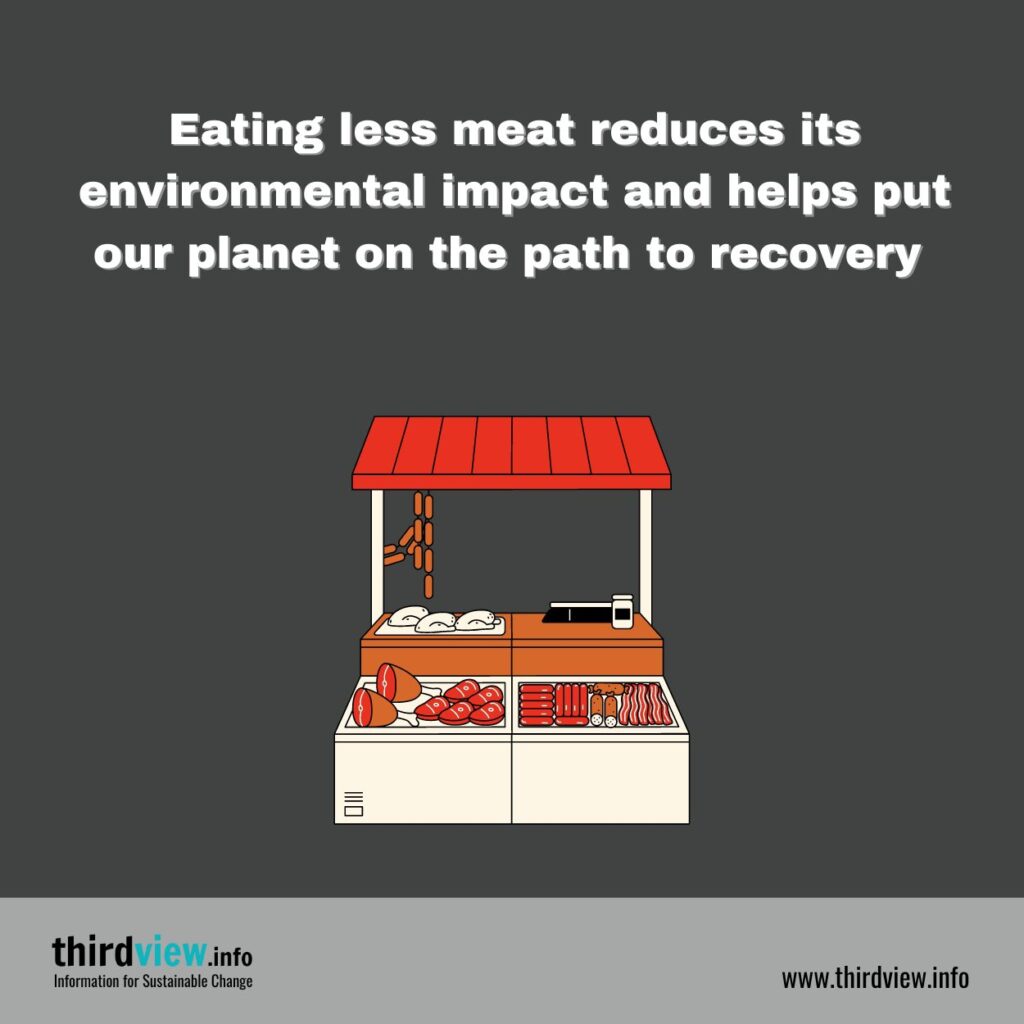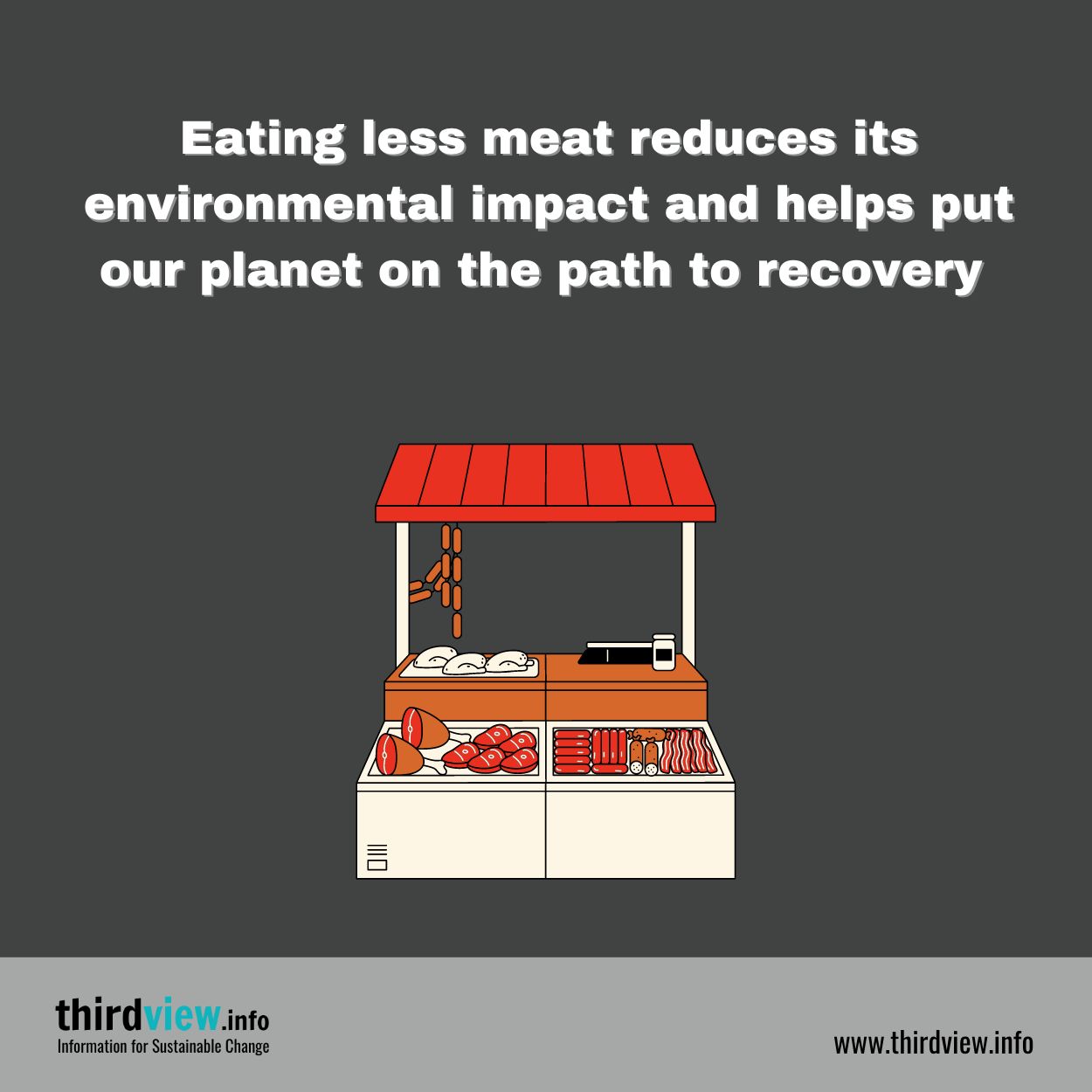The environmental impact of meat production is significant. The growing demand for meat and animal products is putting pressure on the world’s resources, and the way we produce meat is having a major impact on our planet. Here are some of the ways that meat production is harming the environment.
Land Degradation
The demand for meat is putting pressure on the world’s land resources. According to the Food and Agriculture Organization (FAO), livestock production is a leading cause of land degradation, with overgrazing and the conversion of natural habitats being the main drivers. Land degradation not only reduces the productivity of the land, but also contributes to climate change, as degraded soils release greenhouse gases into the atmosphere. In addition, land degradation makes it more difficult for plants and animals to adapt to climate change, further exacerbating the problem.
Water Scarcity
Animal agriculture is a major consumer of water resources. It takes a lot of water to grow crops for livestock feed, as well as to provide drinking water for animals. In fact, according to the World Wildlife Fund (WWF), it takes more than 2,400 gallons of water to produce just one pound of beef. With water scarcity already an issue in many parts of the world, this is likely to become an increasingly pressing problem as demand for meat continues to grow.
Biodiversity Loss
The loss of biodiversity is another major environmental impact of meat production. The conversion of natural habitats to pastureland and cropland for livestock feed reduces habitat area for native wildlife, while also fragmenting habitats and making it more difficult for animals to move between them. This can lead to a decline in populations of native species, as well as an increase in invasive species that can further damage ecosystems. In addition, animal agriculture is a leading cause of deforestation, which also contributes to biodiversity loss.
High Energy Intensity
Animal agriculture is also a major consumer of energy resources. It takes a significant amount of energy to grow crops, transport them to feedlots, slaughter animals, and transport their meat products to grocery stores or restaurants. If we reduced our reliance on animal products, we could free up a significant amount of energy that could be used for other purposes.
The environmental impacts of meat production are significant and wide-ranging. From land degradation and water scarcity to biodiversity loss and high energy intensity, animal agriculture is putting pressure on the planet’s resources. With the global demand for meat expected to continue growing, it’s important that we find more sustainable ways to produce meat and animal products. Otherwise, we risk doing irreparable harm to our planet and its inhabitants.


